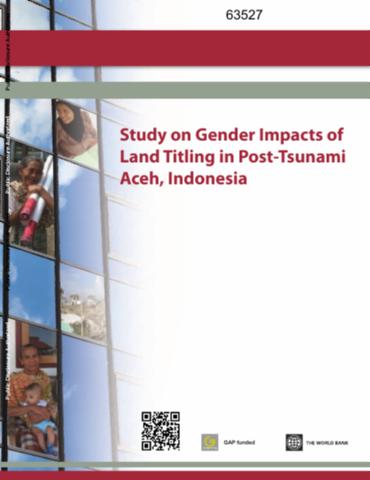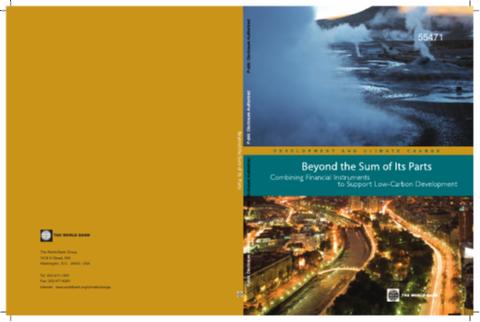Does Large Scale Agricultural Investment Benefit the Poor?
The current study attempts to examine whether large-scale agricultural investment of this type benefits the poor and how this investment can be implemented to increase benefits for the poor. It is arguable whether the poor need more land to grow crops to meet their food security requirements or need to benefit from large-scale agricultural investment in Cambodia. Although the poor households are capable of operating small plots of a few hectares each, they generally lack capital and the means to work large chunks of new land with forests or degrade forests.







